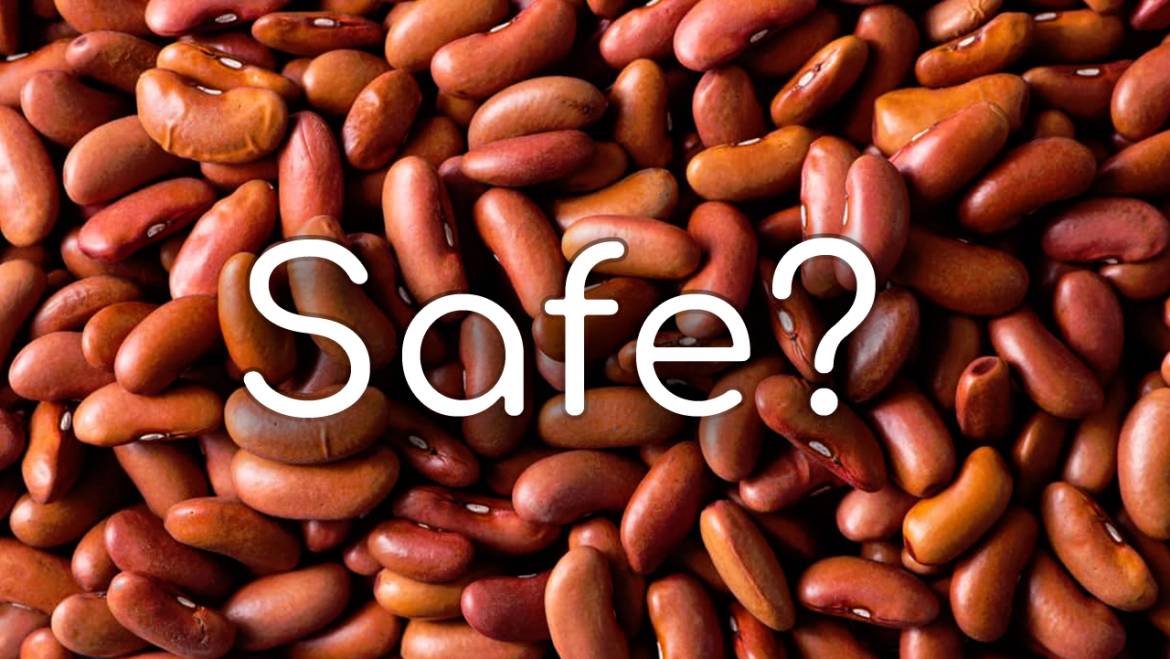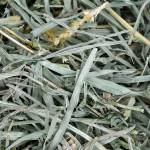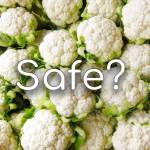Chinchillas are herbivores and require a diet that is high in fiber and low in fat and protein. While hay and pellets should make up the majority of their diet, it’s natural to wonder if other foods can be added to provide variety or nutritional benefits. One such food that you may be curious about is beans. But can chinchillas eat beans? Let’s take a closer look.
Types of Beans
There are many different types of beans, including black beans, kidney beans, navy beans, pinto beans, and more. Some beans are more commonly consumed by humans than others, but it’s important to note that not all beans are created equal when it comes to their nutritional content and potential impact on chinchillas.
Nutritional Content of Beans
Beans are a good source of protein, fiber, and various vitamins and minerals. However, they also contain certain compounds that can be harmful to chinchillas if consumed in large quantities. For example, beans contain lectins, which are proteins that can bind to sugars and interfere with the absorption of nutrients. They can also cause inflammation and damage to the lining of the digestive tract. Beans also contain phytic acid, which can bind to minerals and prevent their absorption.
Can Chinchillas Eat Beans?
Chinchillas are strict herbivores and require a diet that is high in fiber and low in fat and sugar. While they primarily eat hay and pellets, many owners wonder if it’s safe to feed beans to their chinchillas as a treat or supplement. Beans are a type of legume and come in many varieties, including kidney beans, black beans, and pinto beans. Some beans can be harmful to chinchillas, while others may provide additional fiber and nutrients in moderation. In this article, we will explore the risks and benefits of feeding beans to chinchillas and discuss which types of beans are safe to include in their diet.
Potential Benefits of Feeding Beans to Chinchillas
While there are some risks associated with feeding beans to chinchillas, there are also potential benefits to consider. For example, some types of beans are rich in calcium, which is important for bone health. They may also provide a source of additional fiber, which can aid in digestion and promote healthy bowel movements.
Risks of Feeding Beans to Chinchillas
The risks of feeding beans to chinchillas largely depend on the type of bean and the amount consumed. For example, beans that are high in lectins and phytic acid, such as red kidney beans, should be avoided altogether. Other types of beans, such as black beans or chickpeas, can be fed in small quantities as an occasional treat, but should not be a regular part of their diet.
Feeding Beans to Chinchillas: Dos and Don’ts
If you do decide to feed beans to your chinchilla, it’s important to follow some guidelines to minimize the risks and ensure their safety. Here are some do’s and don’ts to keep in mind:
– Do’s:
- Introduce beans slowly and in small quantities to monitor for any adverse reactions.
- Choose beans that are low in lectins and phytic acid, such as black beans or chickpeas.
- Cook beans thoroughly to reduce the lectin and phytic acid content.
- Remove any beans that your chinchilla doesn’t eat within a few hours to prevent spoilage.
– Don’ts:
- Feed beans that are high in lectins and phytic acid, such as kidney beans or lima beans.
- Feed beans as a regular part of their diet.
- Feed beans that are seasoned with salt, sugar, or other additives.
In conclusion, while beans do offer some potential nutritional benefits, they should be fed to chinchillas with caution. Some types of beans are high in compounds that can be harmful to chinchillas, while others may provide additional fiber and nutrients in moderation. If you do choose to feed beans to your chinchilla, be sure to follow the guidelines outlined in this article and introduce them slowly to monitor for any adverse reactions. As with any new food, it’s always best to consult with your veterinarian before making any changes to your chinchilla’s diet.







